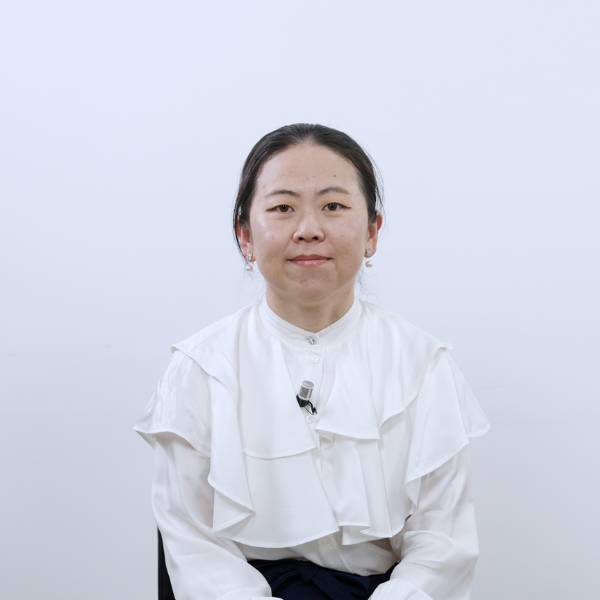Our research investigates how management interventions can facilitate user adaptation to new information technology across implementation stages and usage contexts. Drawing on the Coping Model of User Adaptation, we propose a 2×2 coping framework, showing that tailored interventions—such as training, user participation, feedback handling, and change fairness—differently shape users’ beliefs (perceived usefulness and ease of use) and coping mechanisms. Empirical studies in both mandatory (police officers) and voluntary (university students) settings confirm that communal coping dominates in mandatory contexts while individual coping prevails in voluntary ones. Pre-implementation beliefs strongly influence post-implementation perceptions, and deep usage significantly enhances user performance and satisfaction. The study offers theoretical insights into adaptive processes and practical guidance for managers aiming to improve IT implementation success.

00:00
- 00:03:54
The video examines how businesses are affected when a populist leader comes to power.
It highlights the political and economic uncertainties companies may face.
The discussion focuses on how firms can adapt their strategies and governance.
It emphasizes the importance of understanding the broader political and social context.
The video reflects on the role and responsibilities of businesses in a populist environment.
CORINA Margherita - |
CARBALLO Alfonso - NEOMA Business School |
- Research
- Governance, International Management, Strategic Management



